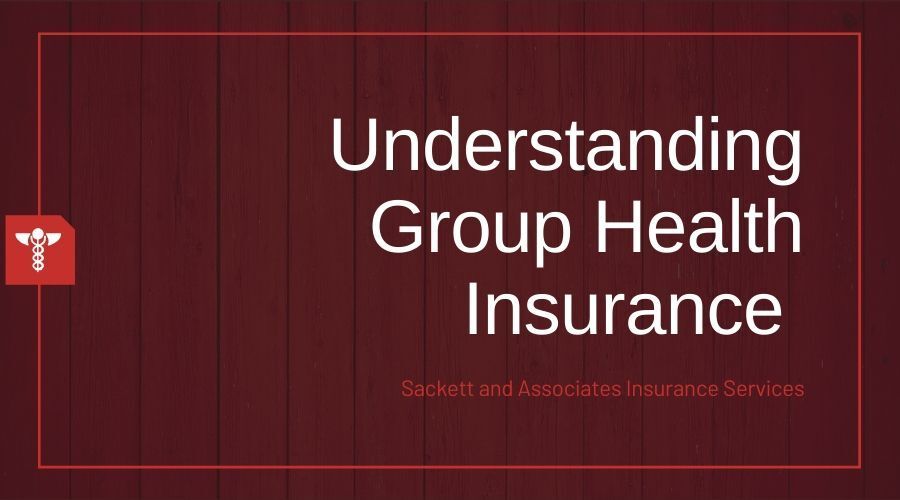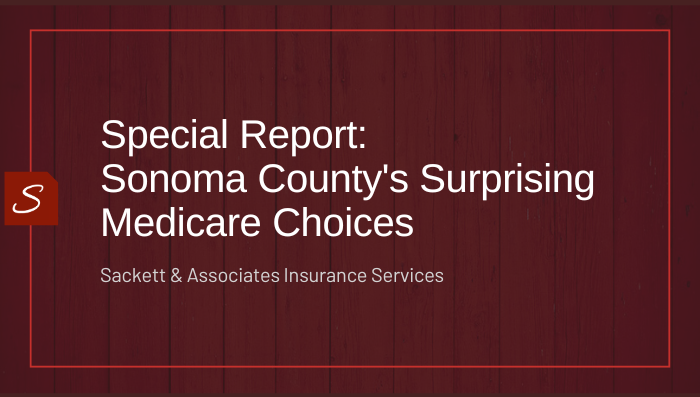Share This Post
Understanding Group Health Insurance
Health insurance plans each have their own rules, benefits and drawbacks. These can be tricky enough to work out when you're buying health insurance for just yourself, but when you're looking for a plan to provide employee benefits, a new set of questions and concerns arises. Group health insurance plans are one of the most popular solutions for employers and employees alike for many good reasons. However, it's best to understand what they entail before you sign up for one—they differ from individual plans in a number of ways.
How Group Health Insurance Works
A group health insurance policy is bought by a single person—such as an employer—and offered to a group of members and their dependents. Like individual plans, group health insurance entails a monthly premium for coverage, as well as a deductible and out of pocket maximum. Employees that opt in, though, pay a reduced premium—deducted from their paycheck—because they split the cost with their employer, who can write their payments off as tax-deductible. Some plans come in multiple tiers, where employees can opt to pay more for advanced coverage.
Like individual insurance, plans typically fall under one of three categories, and a group health insurance broker often provides multiple options:
- Health Maintenance Organization (HMO), which offers a local network of doctors and hospitals, of which you pick one as your primary care provider (PCP). Your PCP will refer you to specialists when needed; otherwise, out-of-network costs aren't covered except during emergencies.
- Preferred Provider Organization (PPO), where the contracted network of medical providers isn't a strong restriction; for a higher monthly premium and some small out-of-pocket costs, you can freely see out-of-network providers and specialists without a referral.
- Exclusive Provider Organization (EPO), which, like an HMO, has a provider network associated with the plan but often doesn't require you to see a PCP for referrals to specialists. Additionally, networks are usually larger than those for HMOs.
Benefits and Drawbacks of Group Health Insurance
Employee benefits offered by group health insurance start with lower premiums, which stem from risk being shared and spread out among multiple people; premiums drop even more when more people sign onto the plan. Additionally, group health insurance covers whole families at a flat rate, regardless of size—in the individual market, you'll likely have to pay extra premiums for each member of the family. On top of that, employees can't be denied because of pre-existing conditions and plans generally cover maternity at no additional cost; this makes for an attractive option to many people that cannot get individual policies.
On the other hand, group policies offer the same coverage to all members and the employer's decisions are final, which can mean that some employees find they don't get sufficient coverage that a personalized plan would give them or might be paying more for coverage they don't need. More significantly, continued coverage depends on remaining employed at this business, and retiring, quitting or being fired leaves you without insurance. Additionally, because there's a minimum rate of participants in the organization for the plan to be valid, and because premiums are much higher with smaller groups, at small scales the plan may not be worth it.
While no insurance plan is one-size-fits-all, group health insurance can be a strong option for you depending on your current and predicted health, your family and your job security.
Share This Post
Taking The Pain Out Of Health Insurance
We make it simple to find the right insurance plans for your needs
In just a few quick steps.





